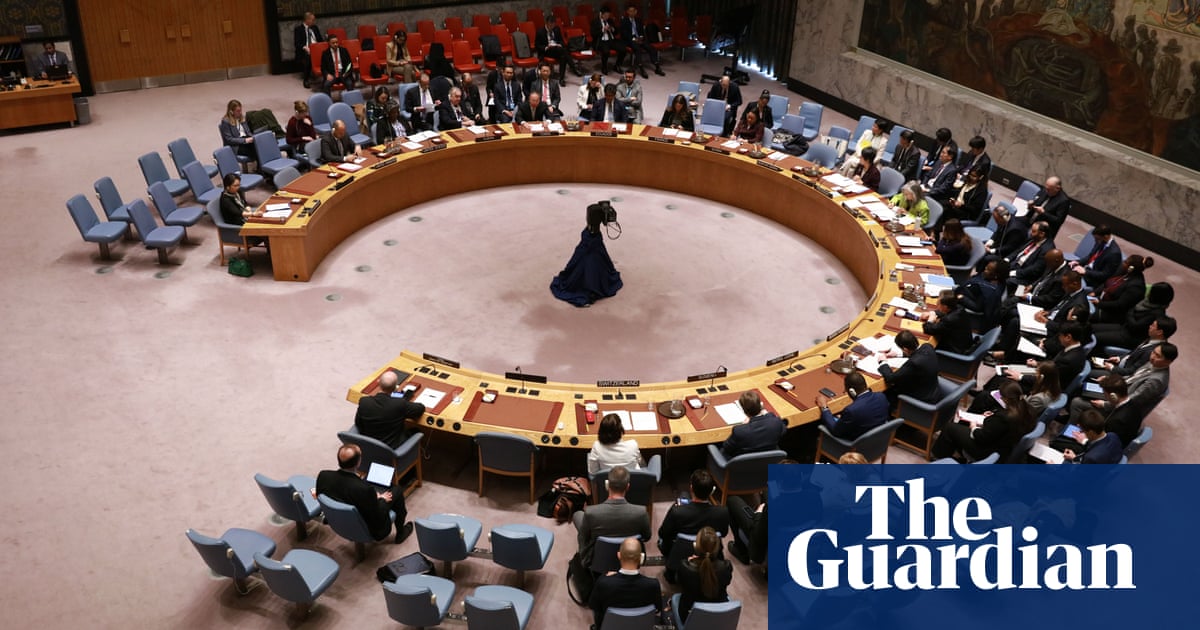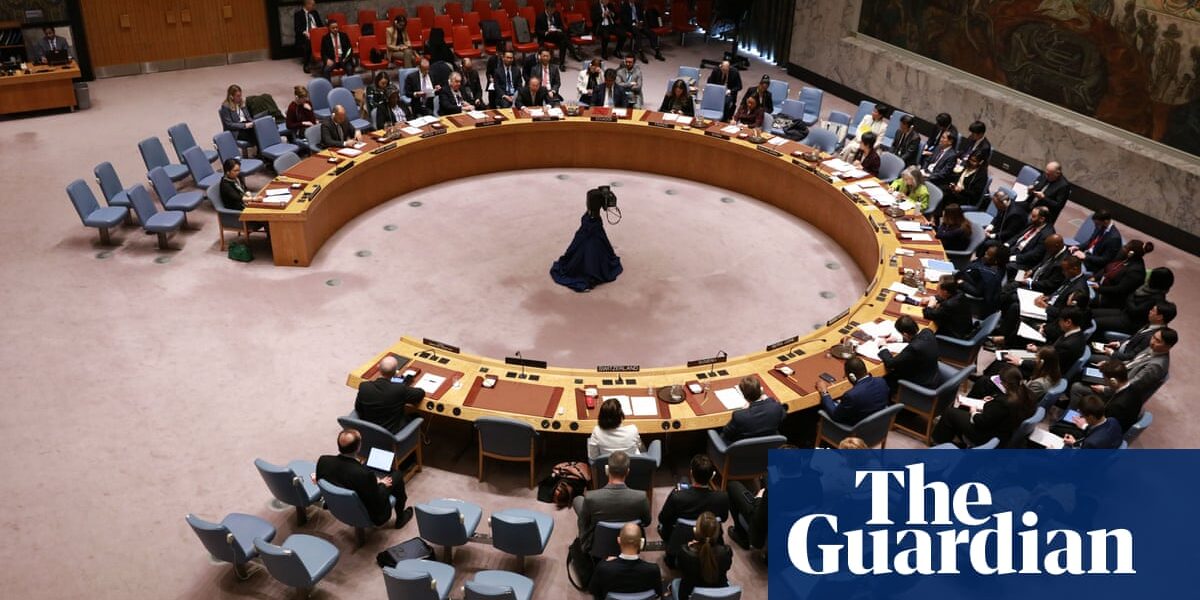The United States and Japan are advocating for a UN Security Council resolution that would prohibit the use of nuclear weapons in outer space.

The US ambassador has declared that the US and Japan are jointly proposing a UN security council resolution that urges all countries to refrain from launching or creating nuclear weapons in outer space.
During a UN security council discussion, Linda Thomas-Greenfield stated that the act of deploying nuclear weapons into Earth’s orbit would be unprecedented, hazardous, and not permissible.
The statement comes after the White House confirmed last month that Russia has acquired an alarming anti-satellite weapon capability. However, this weapon is not yet in use.
Later, President Vladimir Putin of Russia stated that they have no plans to place nuclear weapons in outer space. He asserted that Russia’s space capabilities are on par with those of the United States.
The Outer Space Treaty, accepted by approximately 114 nations, such as the United States and Russia, forbids the placement of “nuclear weapons or any other type of weapons of mass destruction” in orbit, as well as the positioning of “weapons in outer space in any other way.”
Yoko Kamikawa, head of the council, stated that during the cold war, when tensions were high, countries came to an agreement to maintain a peaceful outer space. She emphasized the importance of upholding the ban on placing weapons of mass destruction in orbit, even in the present day.
Thomas-Greenfield emphasized the need for all parties involved in the treaty to fully embrace the prohibition of nuclear and other harmful weapons. She also urged member states who have not yet joined the treaty to do so promptly.
Thomas-Greenfield restated to the council the USA’s readiness to communicate with Russia and China, without conditions, about bilateral arms control matters.
In February, the White House announced that they were keeping an eye on a newly developed Russian anti-satellite weapon, but reassured that it was not posing an immediate danger to anyone’s well-being. A representative did not verify nor refute speculations about the weapon being nuclear, but did reveal that it was “space-based” and violated the 1967 Outer Space Treaty, which forbids the installation of nuclear or other mass destruction weapons in space.
On Monday, the US and Japan’s resolution was criticized by Russia’s deputy US ambassador Dmitry Polyansky as a propaganda ploy, overly political, and disconnected from the truth.
He voiced his disapproval of the wording, stating that it had not been crafted by professionals or deliberated upon at specialized global forums like the UN Conference on Disarmament or the UN Committee on Outer Space.
The council was informed by the UN secretary-general, António Guterres, that geopolitical tensions and lack of confidence have raised the danger of nuclear warfare to its peak in many years.
According to him, the film “Oppenheimer” depicting the life of Robert Oppenheimer, who led the US atomic bomb project during WWII, effectively illustrated the harsh reality of potential nuclear disaster to a global audience.
The United Nations leader stated that humanity would not be able to survive a follow-up to Oppenheimer.
The report includes contributions from the Associated Press.
Source: theguardian.com



